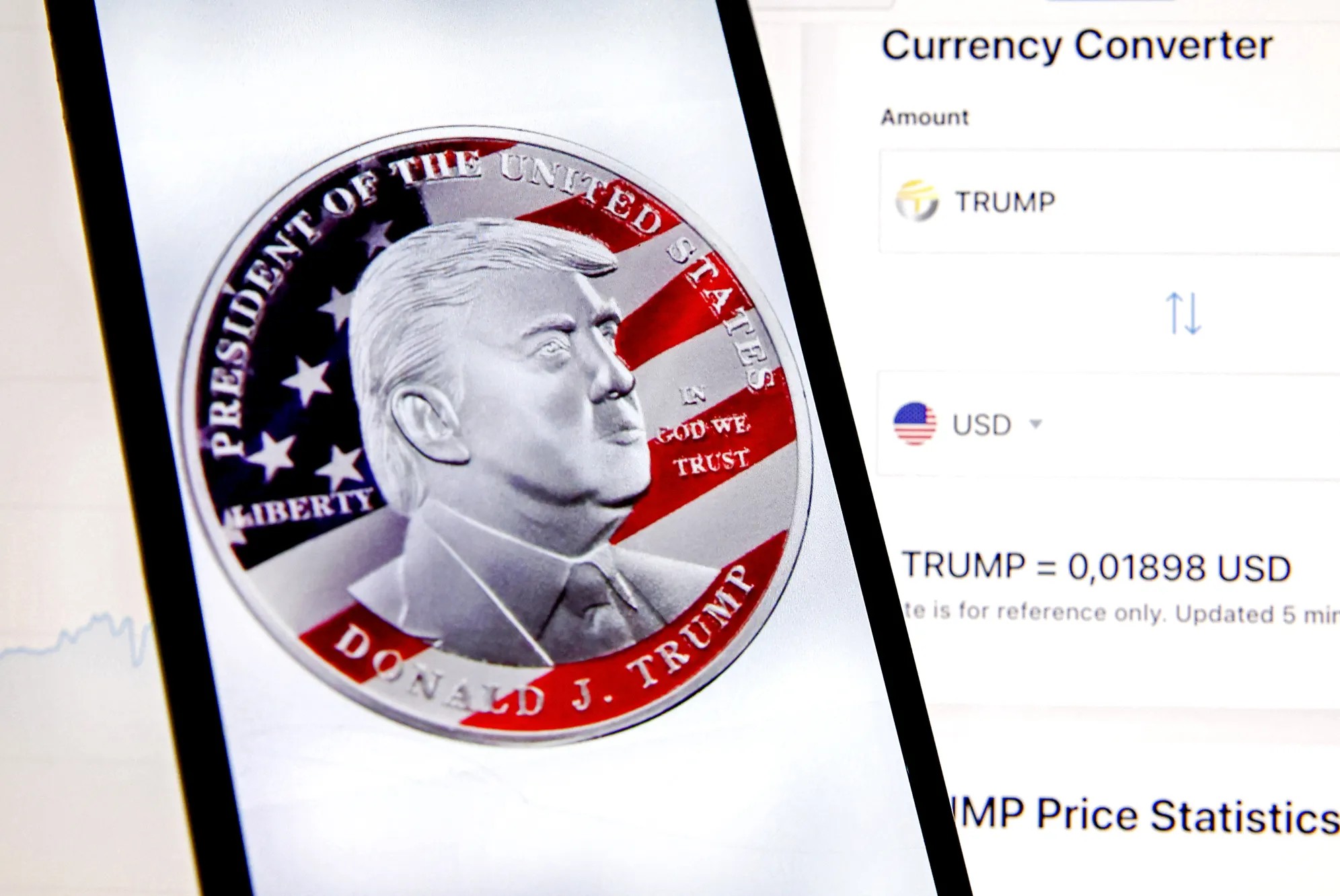A former
Israeli intelligence official is asking a court to force Prime Minister
Benjamin Netanyahu to turn over records of foreign bank accounts,
cryptocurrency wallets, and overseas property as part of his defense against a
$150,000 defamation lawsuit filed by the prime minister.
But is it
really possible to access such information, especially in the supposedly
anonymous cryptocurrency market? Experts who spoke with FinanceMagnates.com say
yes.
Can Tax Authorities Really
Track Netanyahu’s Crypto
Dr. Udi
Levi, who spent three decades with the Mossad, the National Security Council,
and military intelligence, filed the legal response this week, calling
Netanyahu’s suit a tactic to shut down public questions about possible
financial ties to Qatar. The court filing asks for records of foreign bank
accounts, cryptocurrency wallets, and overseas property owned by Netanyahu and
his family.
In his
court filing, Levi said he’s received reports of witnesses who claim to have
seen cash deliveries to the Netanyahu family, both inside Israel and abroad. He
said those accounts included allegations of foreign bank accounts, digital
wallets, and real estate purchases made with money that was never declared.
[#highlighted-links#]
Levi wants
the court to compel Netanyahu to produce verified bank statements,
cryptocurrency records, and property purchase documents for himself and his
family members.
The demands
arrive at a moment when tracking crypto has become far more realistic than most
people assume. Isaac Joshua, CEO of Gems Launchpad, said once funds pass
through centralized exchanges like Binance, Coinbase, or OKX, analytics tools
such as Chainalysis and TRM Labs can connect blockchain activity to verified
identities.
“The
offshore privacy era is ending,” Joshua said. “Israeli holders should
expect greater scrutiny and may consider voluntary disclosure before global
data-sharing becomes fully automatic.”
Israel has committed to adopting the OECD’s Crypto-Asset Reporting Framework, known as CARF, which will create a standardized system for collecting and exchanging data on cryptocurrency transactions between countries. Through OECD information-sharing frameworks and CARF, more than 50 countries will automatically exchange crypto account data from regulated exchanges starting in 2027.
There is still a long way to go before that happens. For now, from a procedural or political standpoint, it may be considered impossible. However, current technological solutions suggest otherwise.
Blockchain Leaves
Permanent Trail
The
technical reality of crypto tracking has shifted dramatically in recent years.
Matthew Stern, CEO of CNC Intelligence, explained to FinanceMagnates.com that
the blockchain is an immutable ledger, which means even if it takes authorities
time to catch up, the trail doesn’t disappear.
“Wallets can often be tied back to real identities,” Stern said. Analytics
tools have become far more advanced, some even tracking cash-for-crypto
schemes. “With governments and private players teaming up against money
laundering and terror financing, Israeli traders should expect their overseas
accounts to be within reach of tax authorities.”
Levi wants
the court to compel Netanyahu to produce verified bank statements,
cryptocurrency records, and property purchase documents for himself and his
family members. He also requested information on political campaign funding
received by Netanyahu and his parties in the 2012 and 2018 elections.
Stern’s view is echoed by Nathan Bekerman, Head of Product at Station70. Even if the funds were held in self-custodian wallets and not directly linked to any identity, “most blockchains are actually highly transparent, not private,” he said.
“Every
transaction is recorded on a public ledger, which means with the right
analytics tools, tracing funds is often easier than hiding them,” Bekerman
added
Qatar Bribery Probe
Continues
The demands
come as Israeli law enforcement continues to investigate what’s been called
“Qatargate,” a scandal in which close aides to Netanyahu are accused
of taking money from Qatar to promote Doha’s interests in Israeli media.
Two of
Netanyahu’s top advisers were arrested in connection with the probe, and court
documents suggest they’re suspected of accepting bribes and coordinating
messages to journalists that portrayed Qatar favorably while downplaying
Egypt’s role in ceasefire negotiations.
Netanyahu
denied all of the allegations through his attorney Uriel Nizri, who called
Levi’s comments “sick and insane” and accused political opponents of
spreading lies to bring down a sitting prime minister during wartime. The prime
minister claimed Levi used his security background to give false legitimacy to
what he called baseless conspiracy theories.
Levi argued
that Netanyahu, as a public figure, isn’t immune from public scrutiny,
particularly when there are credible questions about financial conduct. The
former intelligence official said the radio interview was a good-faith call for
transparency, not libel.
This article was written by Damian Chmiel at www.financemagnates.com.
Source link







